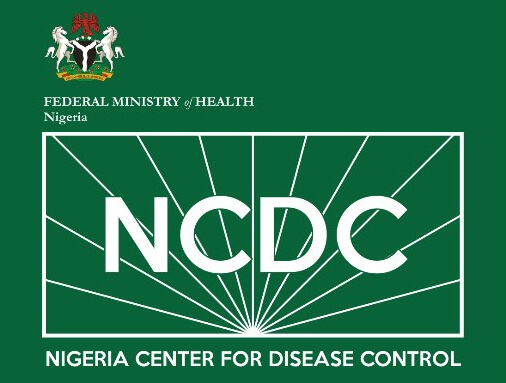As of October 13, 2024, Nigeria has reported 1,035 confirmed Lassa fever cases out of 8,569 suspected cases, resulting in 174 deaths across 28 states and 129 local government areas. Additionally, the nation has recorded 380 confirmed cases of cerebrospinal meningitis (CSM) out of 4,915 suspected cases, with 361 fatalities across 24 states and 174 local government areas during the 2023/2024 season.
Dr. Jide Idris, Director-General of the Nigeria Centre for Disease Control and Prevention (NCDC), shared these statistics during a press briefing in Abuja, noting the Federal Government’s ongoing efforts to tackle both diseases through prevention, detection, and response initiatives.
Lassa fever, a viral hemorrhagic illness caused by the Lassa virus, is primarily spread by the multimammate rat (African rat), though other rodents can also be carriers. According to Dr. Idris, improved disease surveillance, greater public awareness, and environmental factors, including climate change have led to a rise in cases.

“We continue to see more states reporting Lassa fever cases, partly due to enhanced surveillance and climate-driven environmental degradation,” Idris explained. He highlighted that Nigeria recorded 1,067 confirmed cases in 2022, with this number rising to 1,270 in 2023. In 2024, the confirmed cases have reached 1,035 across 28 states.
Idris underscored the severe socioeconomic impacts of Lassa fever on affected communities, explaining that “the disease forces breadwinners out of work, and the high cost of care pushes many families into poverty.”
Cerebrospinal meningitis, an epidemic-prone bacterial infection, remains a persistent health threat, particularly in Nigeria’s “Meningitis Belt,” which includes 19 northern states, the Federal Capital Territory (FCT), and several southern states. Dr. Idris noted that certain weather conditions, especially during the dry season, significantly heighten infection risks due to cold nights, dust, and crowded living conditions.
In the current season, Nigeria reported 4,915 suspected meningitis cases, of which 380 were confirmed, with 361 deaths across 24 states and the FCT. To address the crisis, the government administered 2.28 million doses of the Men5CV-ACWYX vaccine in high-risk areas, targeting people aged 1 to 29, who make up 70% of the population in affected regions.
“Despite strides in surveillance, diagnostics, and vaccination, meningitis remains a high-priority disease,” Idris said, emphasizing its annual toll on health systems and communities.
Dr. Idris urged the public to take protective measures, including receiving necessary vaccinations, minimizing overcrowding, and maintaining a safe distance from confirmed CSM cases. He also advised healthcare workers to uphold strict infection prevention and control standards, maintain a high level of awareness for CSM symptoms, and report suspected cases immediately.
“CSM and Lassa fever represent grave threats not only in numbers but in the lives and livelihoods affected. We must remain vigilant to protect the most vulnerable in our communities,” Idris concluded, calling for sustained efforts to curb the spread of both diseases.




